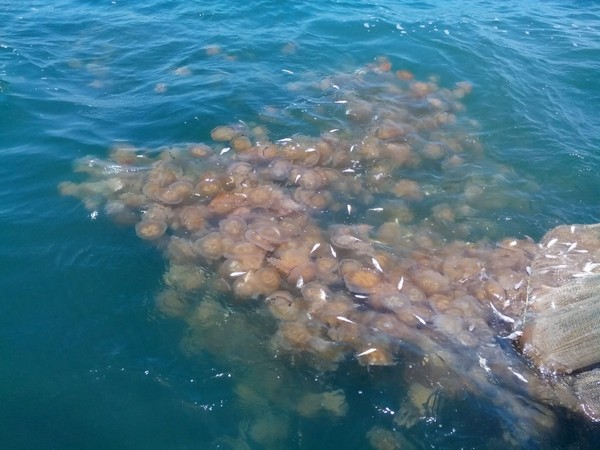China to Gradually Resume Japanese Seafood Imports Following Safety Assurances
China has announced plans to gradually resume Japanese seafood imports after both countries agreed on the safety of water released from Fukushima's closed nuclear facility. This follows multiple rounds of negotiations and scientific reviews ensuring the safety of the treated wastewater.

- Country:
- China
China has declared it will "gradually resume" importing seafood from Japan, following negotiations ensuring the safety of water released from the closed Fukushima nuclear facility, according to Al Jazeera. The announcement came after both nations reached a consensus over wastewater safety in August.
China's Ministry of Foreign Affairs stated it will begin adjusting relevant measures based on scientific evidence. The Ministry emphasized that the import resumption will focus on Japanese aquatic products that meet regulatory standards. "China will begin to adjust the relevant measures and gradually resume imports of Japanese aquatic products that meet regulation requirements and standards," the Ministry said, as reported by Al Jazeera. Officials from both sides recently held several rounds of consultations on the Fukushima discharge.
Last year, China had placed a ban on all seafood imports from Japan following the release of treated wastewater from the Fukushima Daiichi nuclear power plant, as reported by Nikkei Asia. Despite being the only country to impose such a ban, impacting nearly 20 percent of Japanese seafood exports, the restriction posed a significant threat. Scallops were particularly affected, with exports to China constituting about 50 percent of Japan's total.
Bilateral relations between Japan and China deteriorated sharply after the ban, implemented following Tokyo Electric Power Company Holdings Inc.'s initial treated water release into the Pacific Ocean on August 24. This move came despite the International Atomic Energy Agency's (IAEA) conclusion in July, after a two-year safety review, that the treated water discharge would have a negligible radiological impact on people and the environment.
(With inputs from agencies.)










